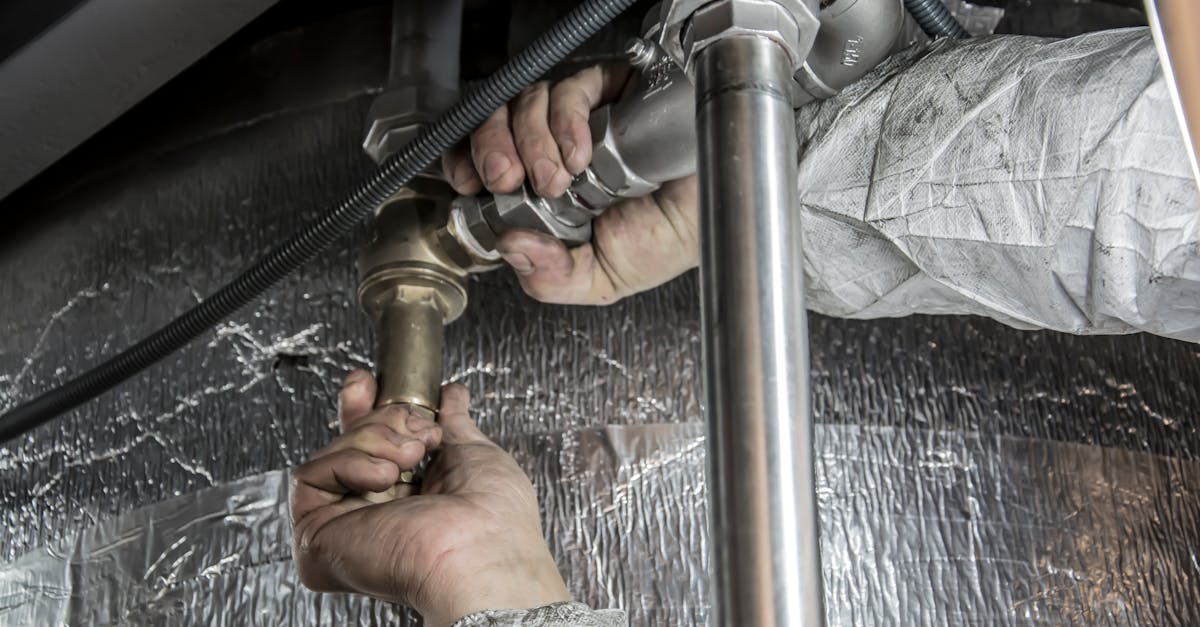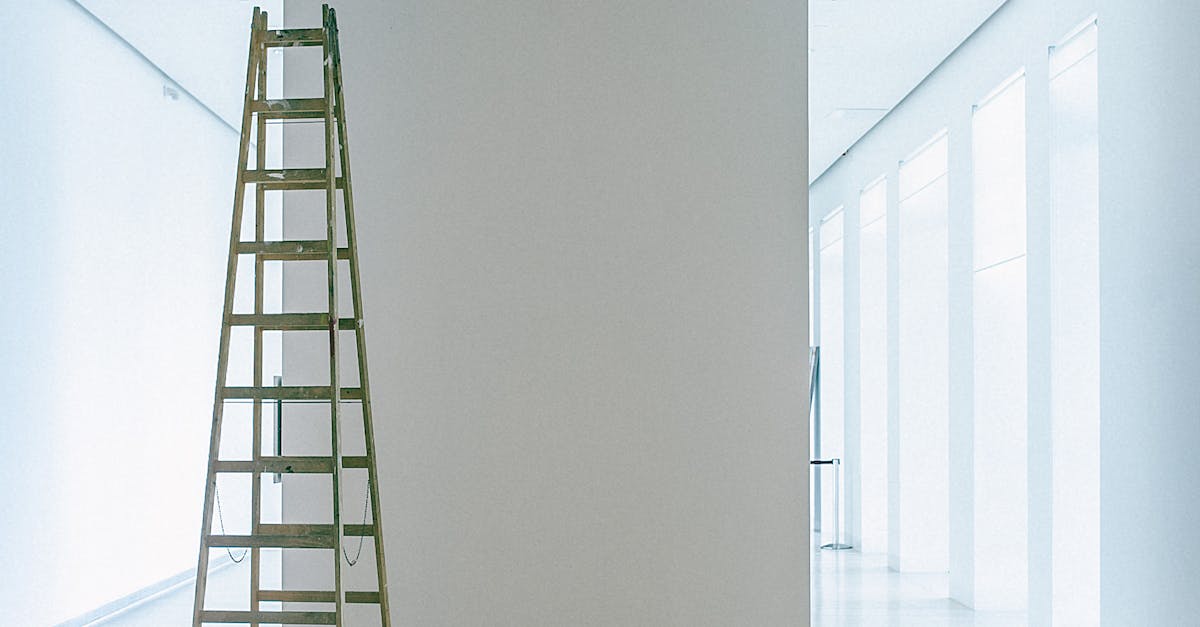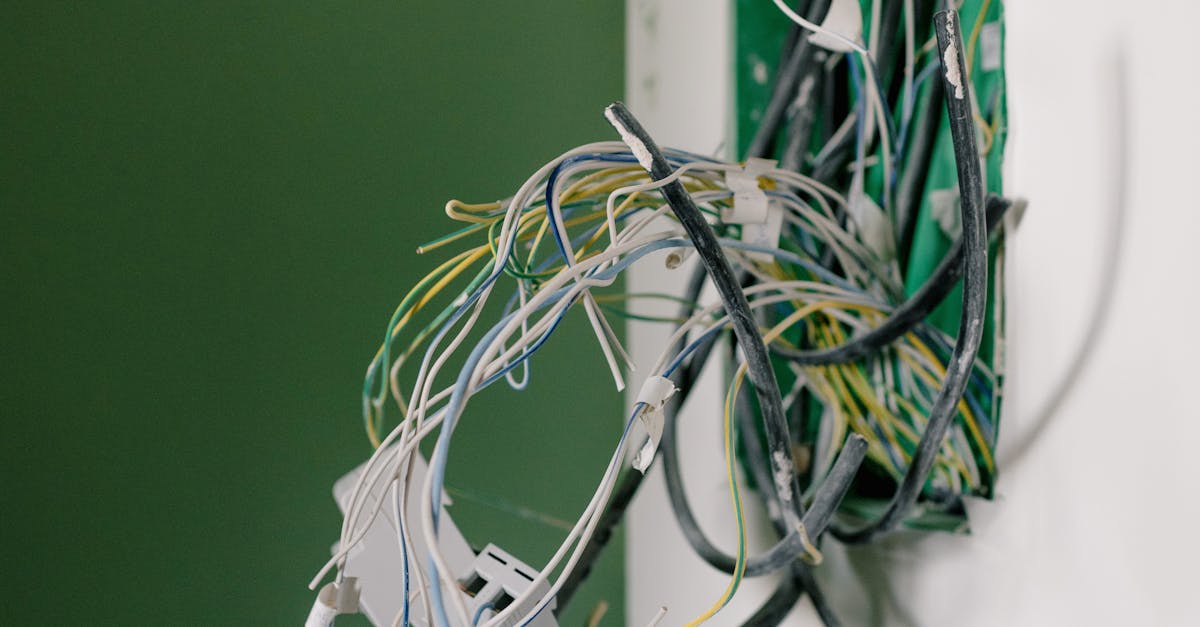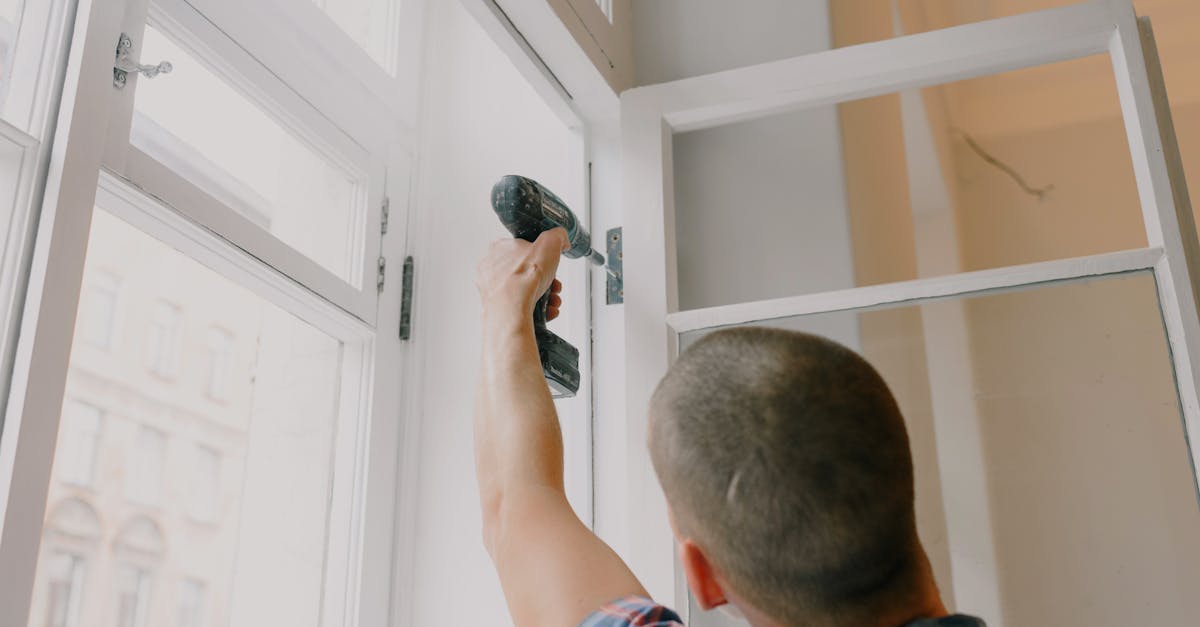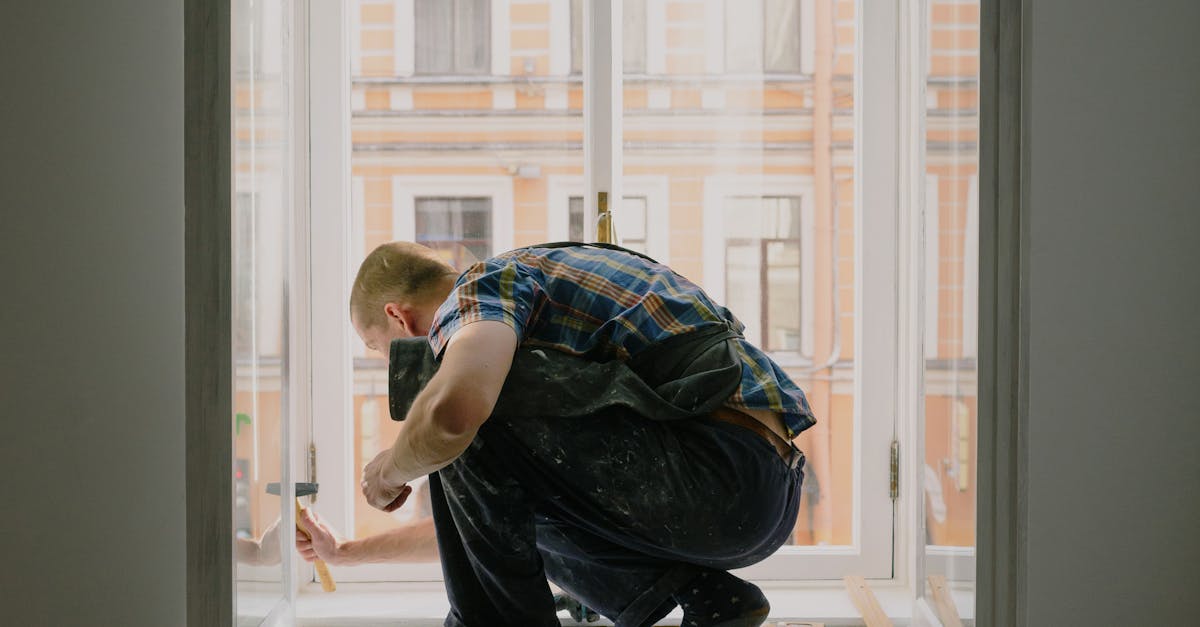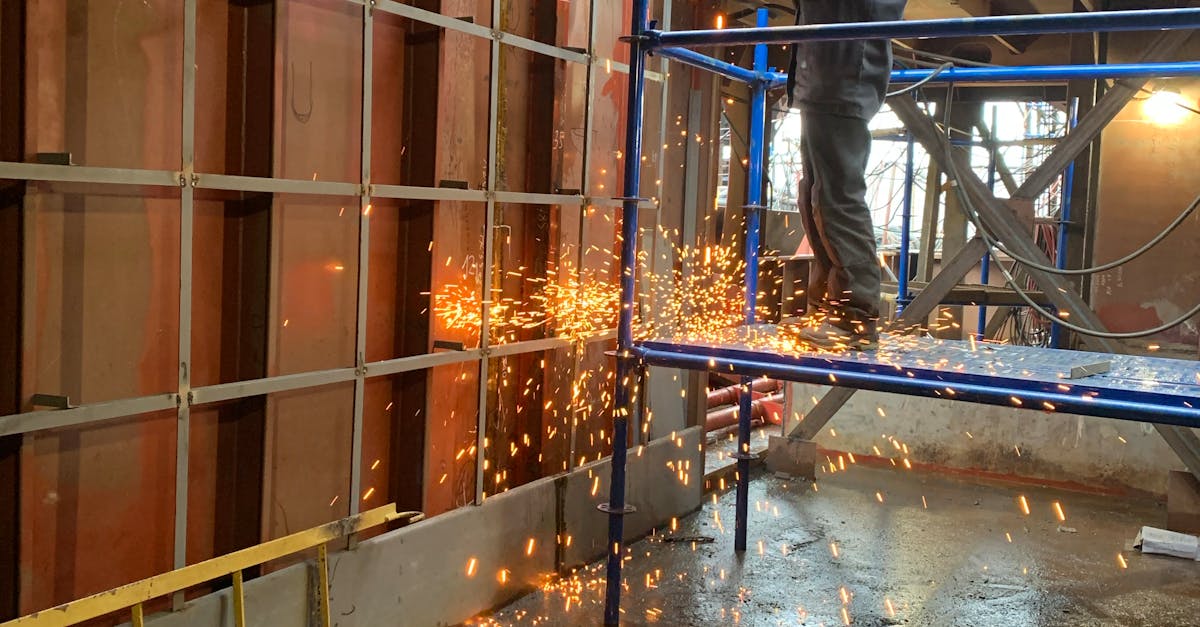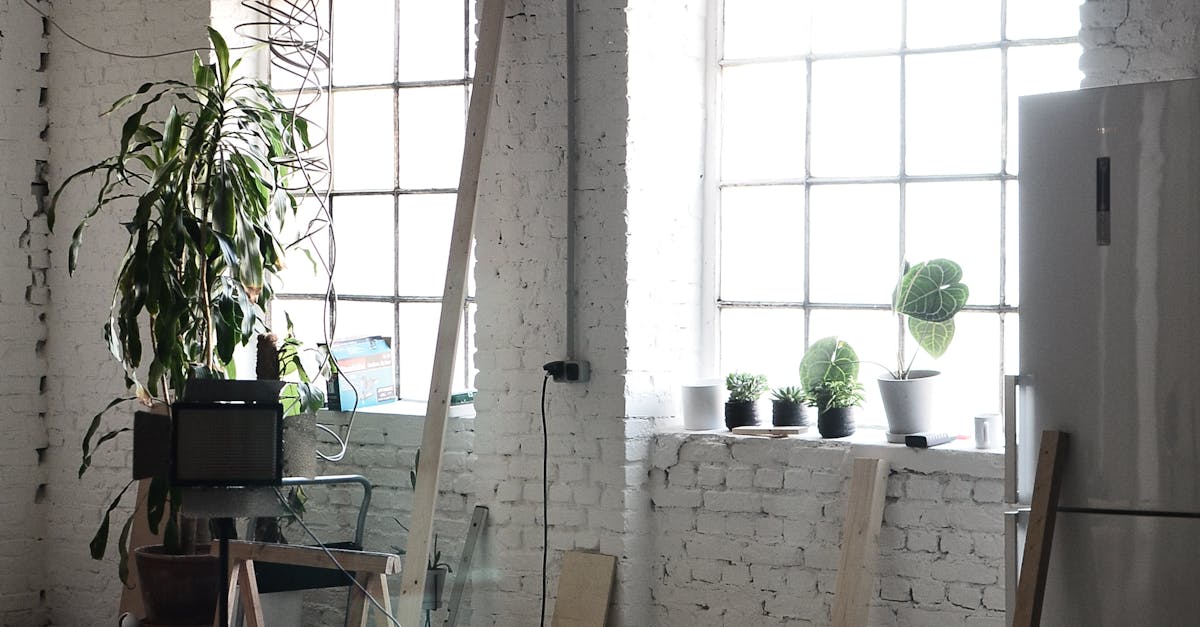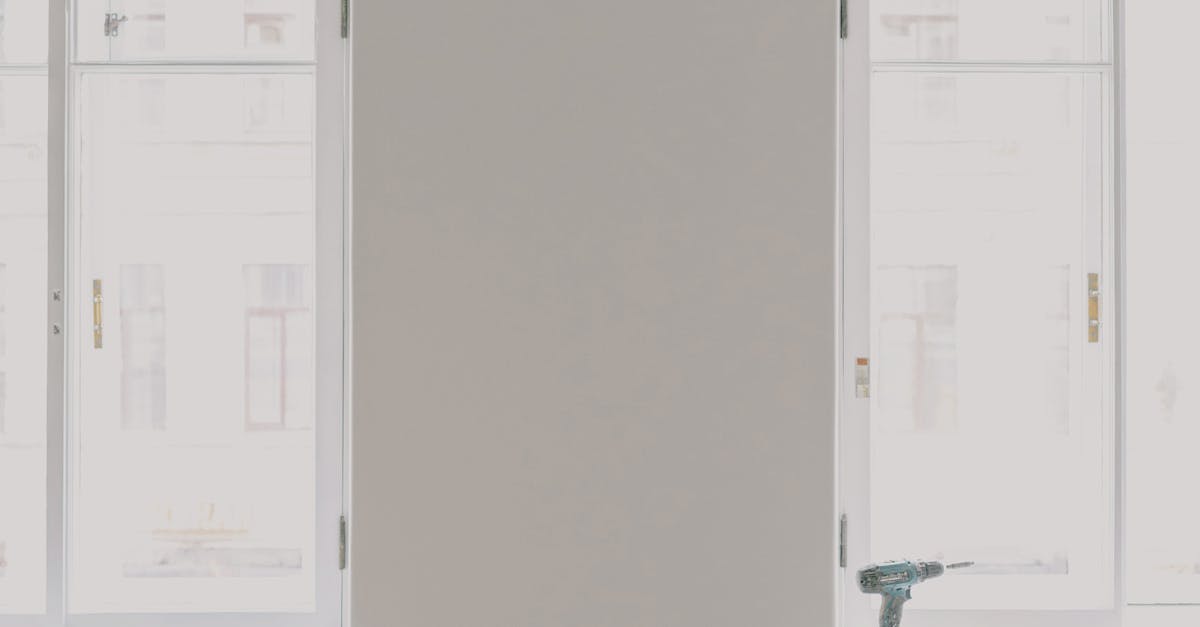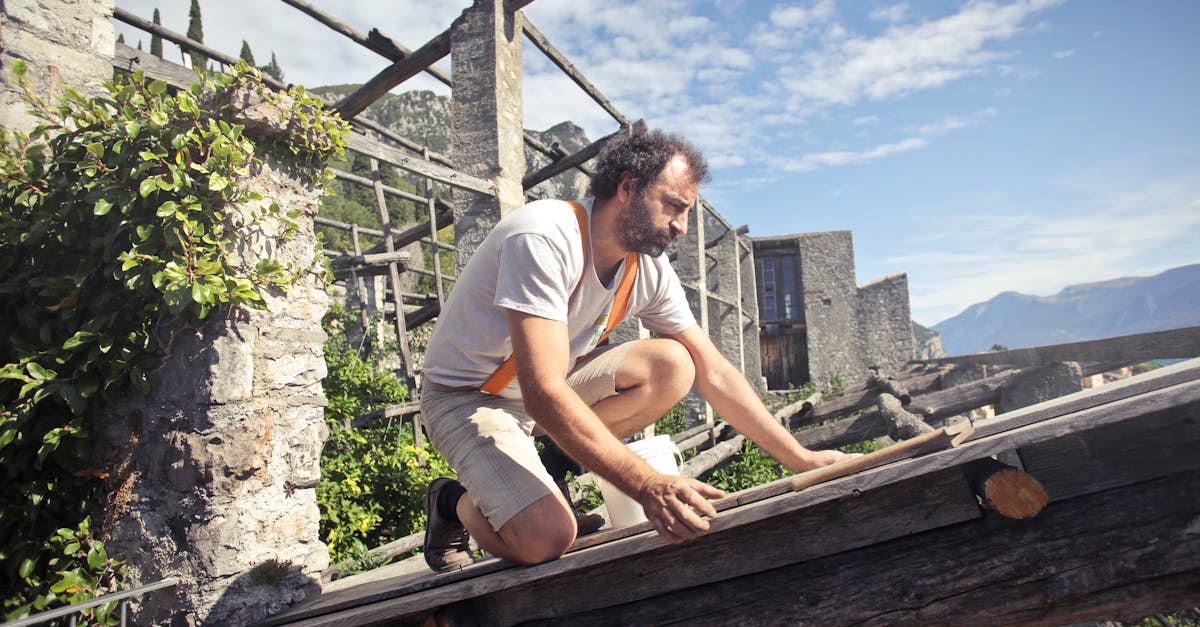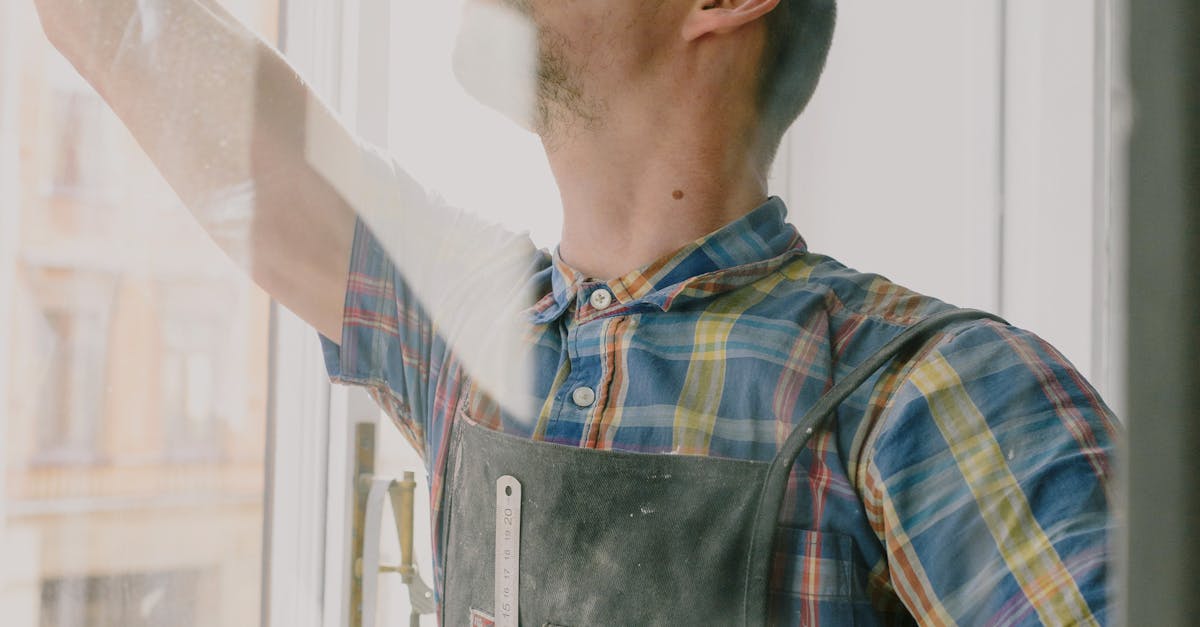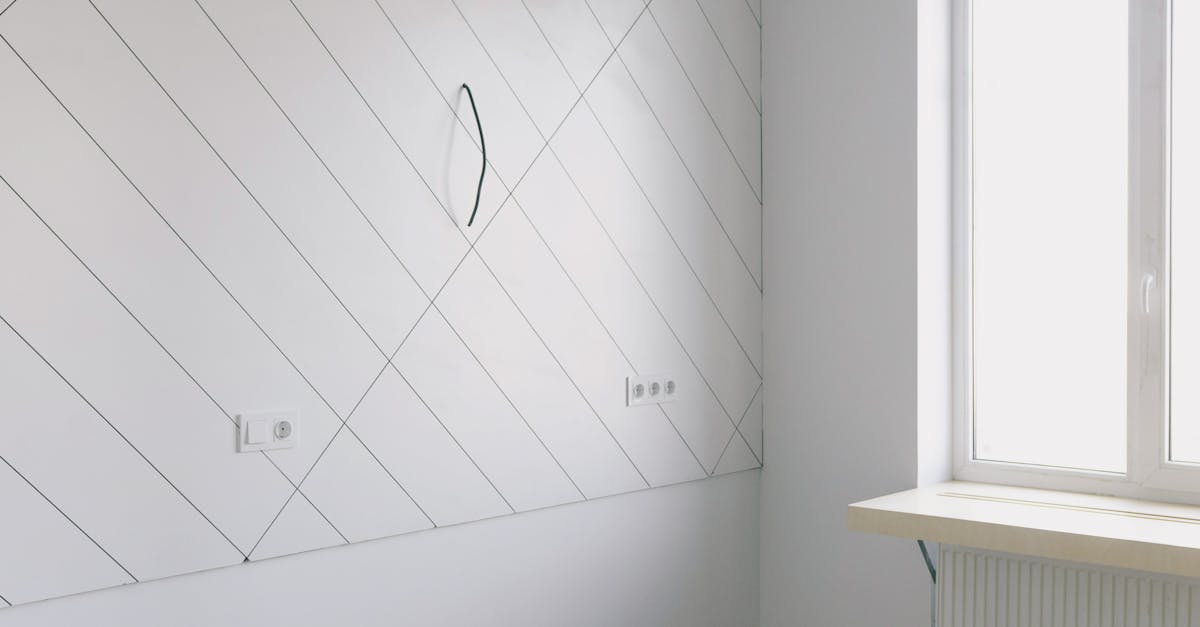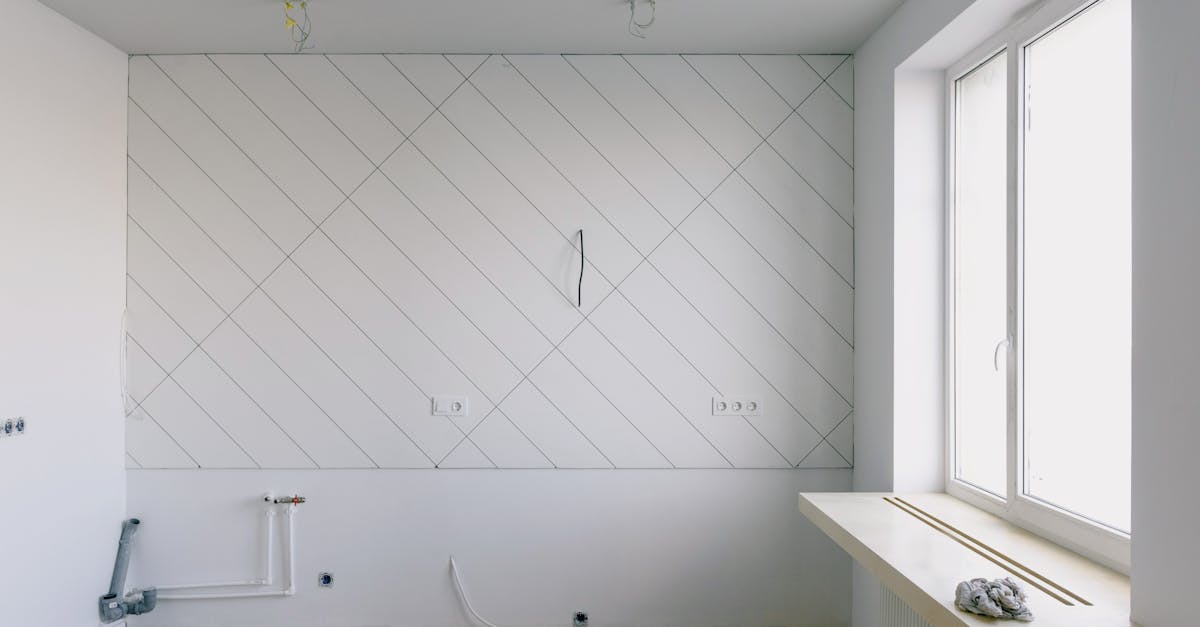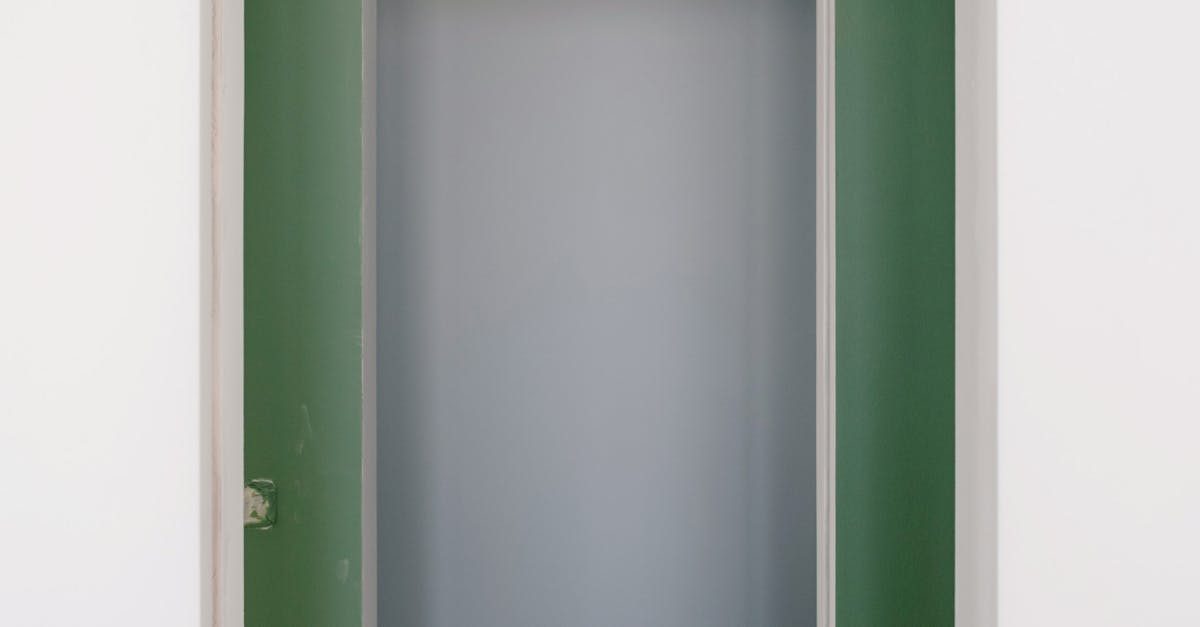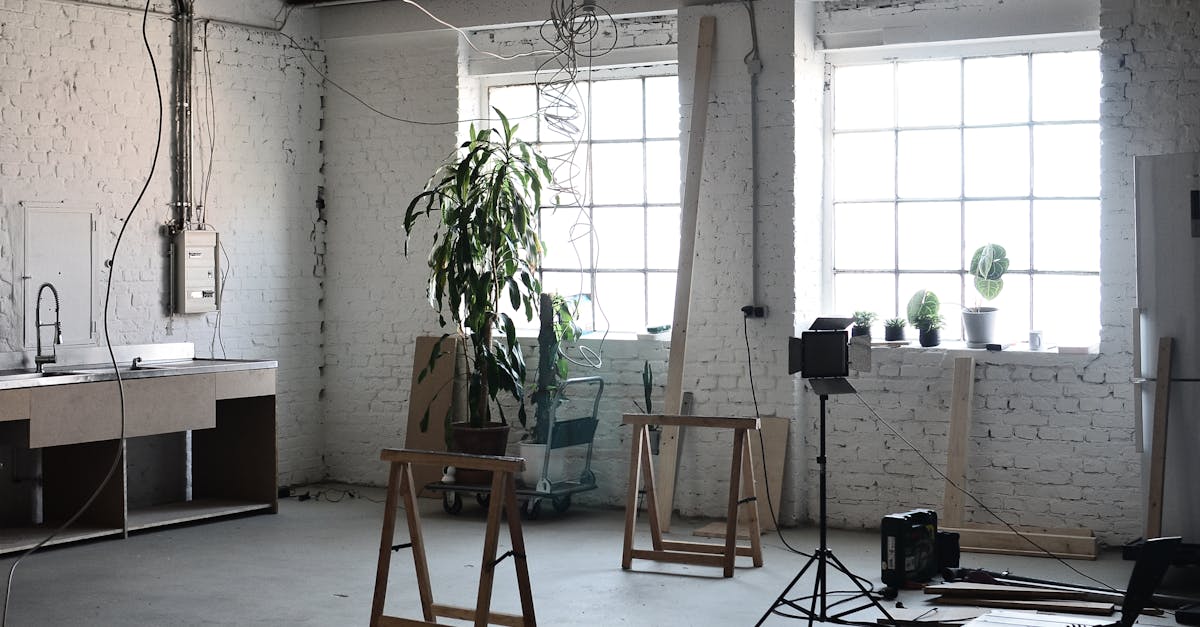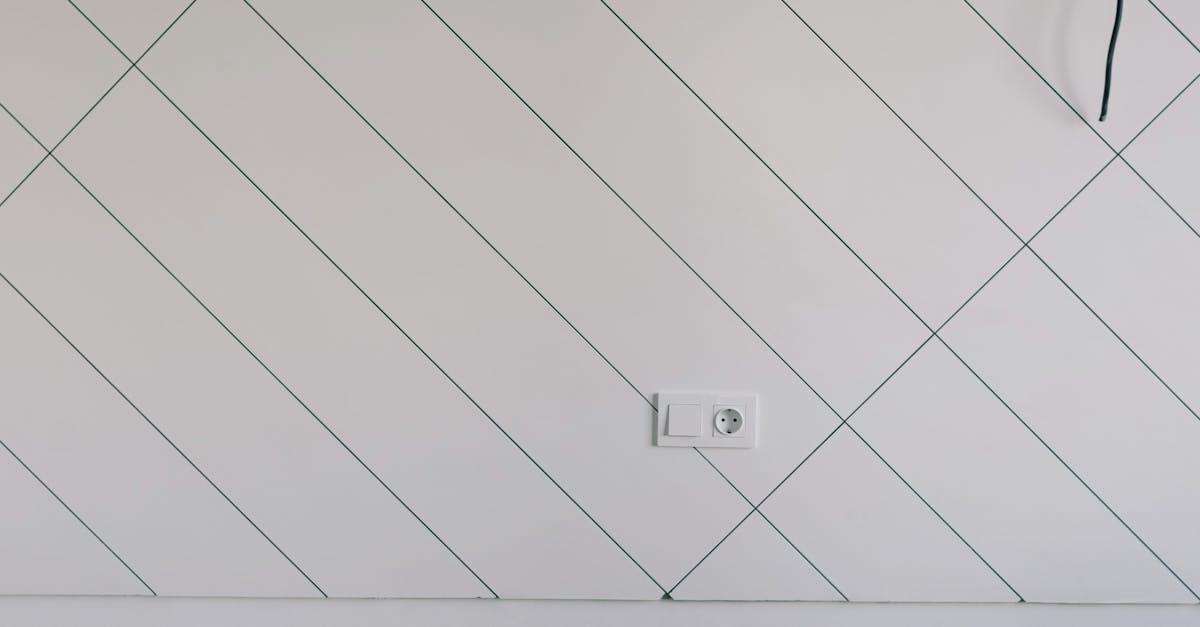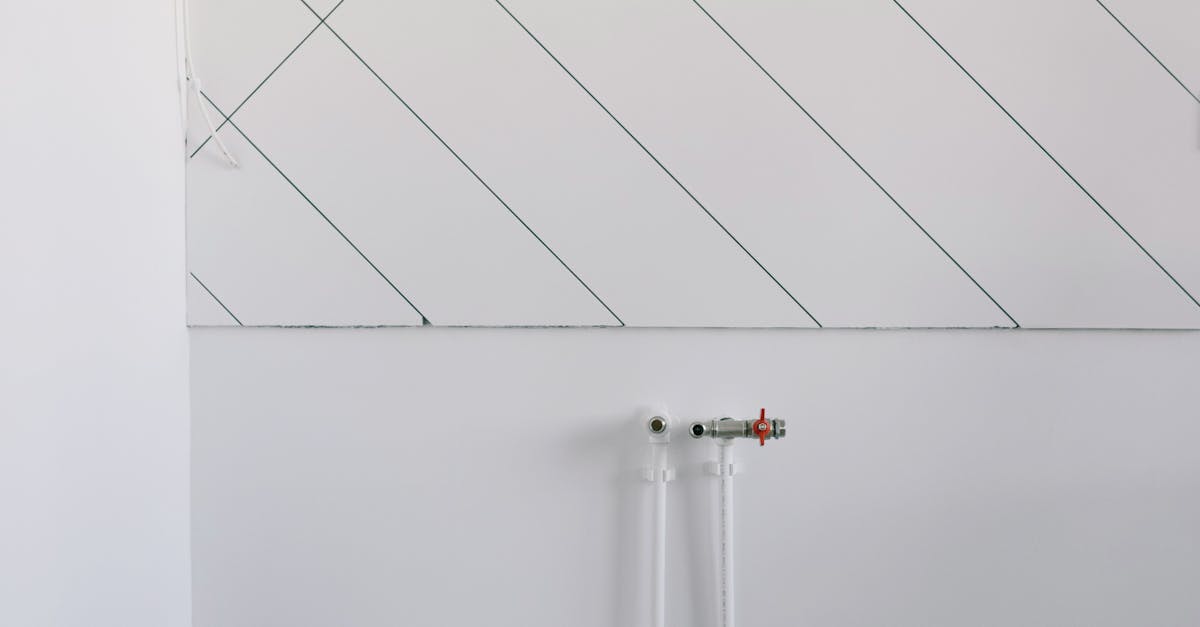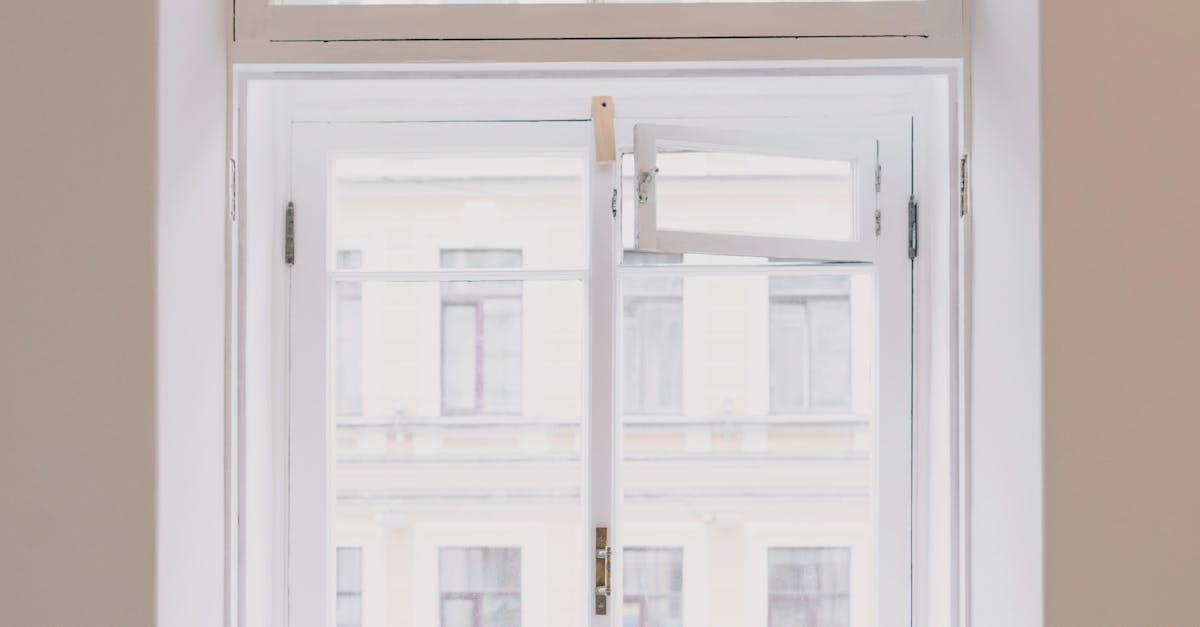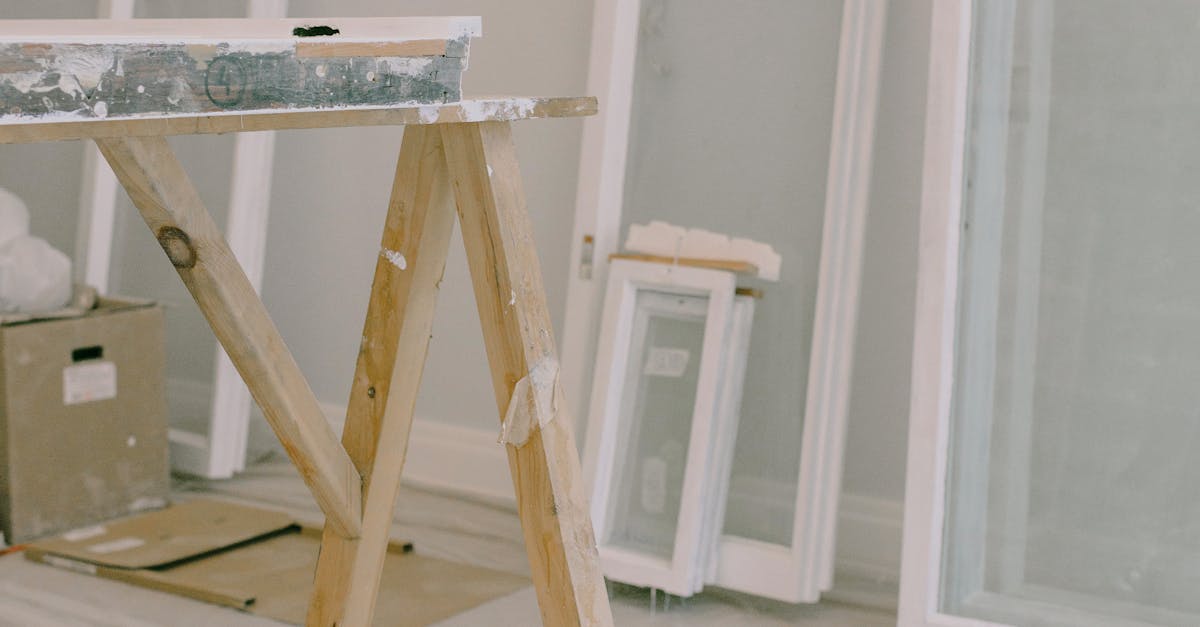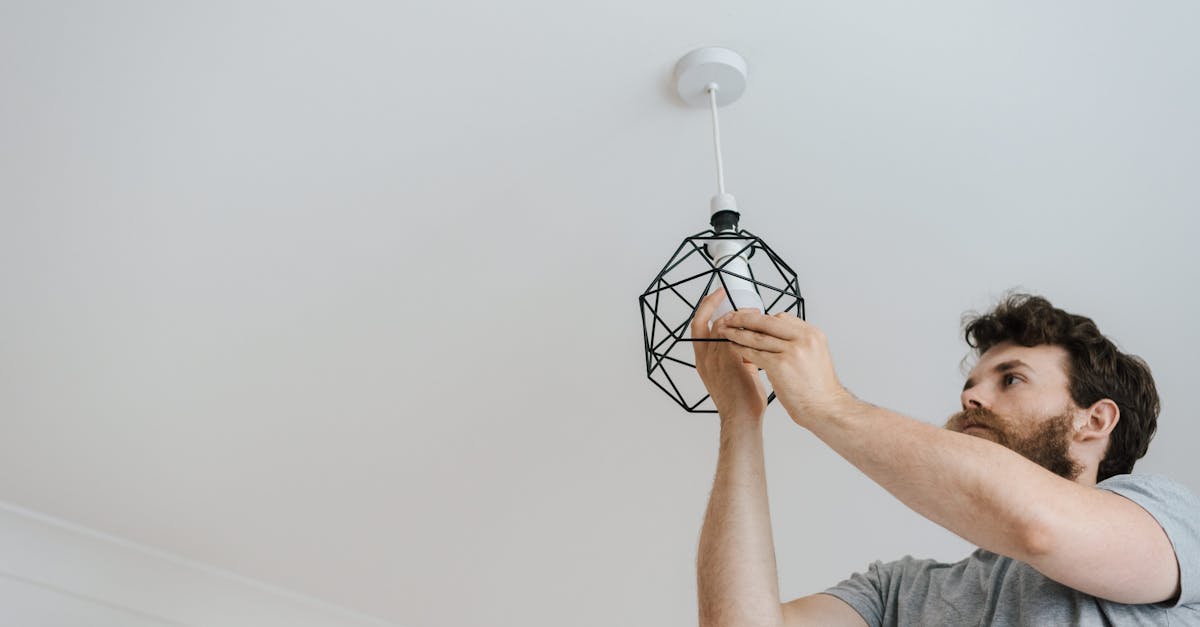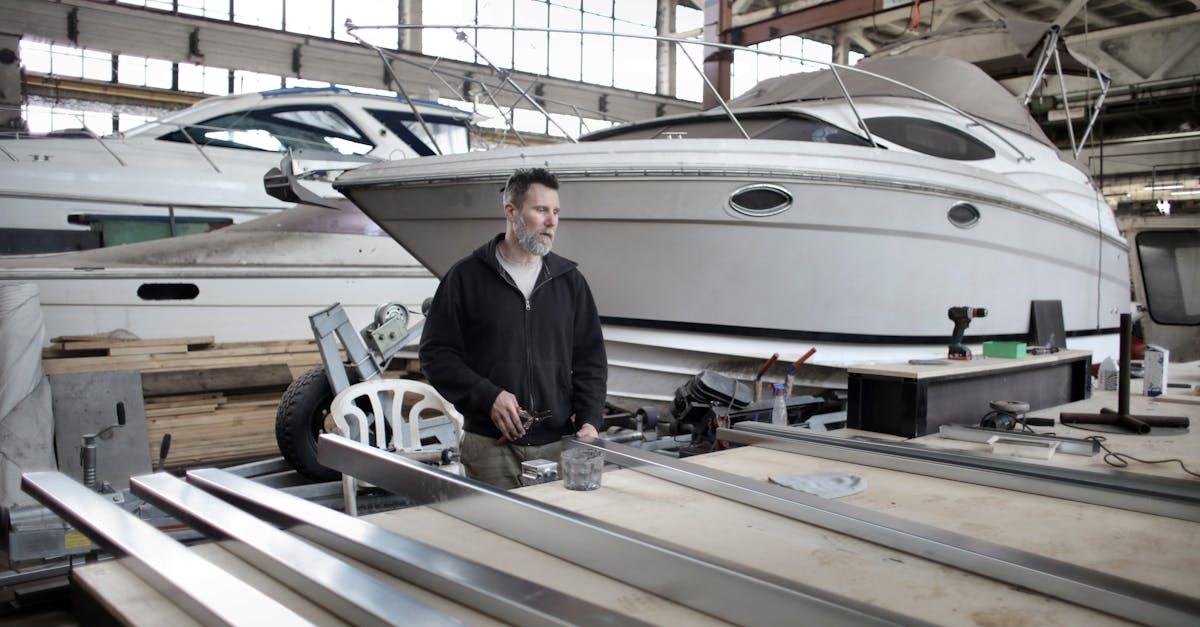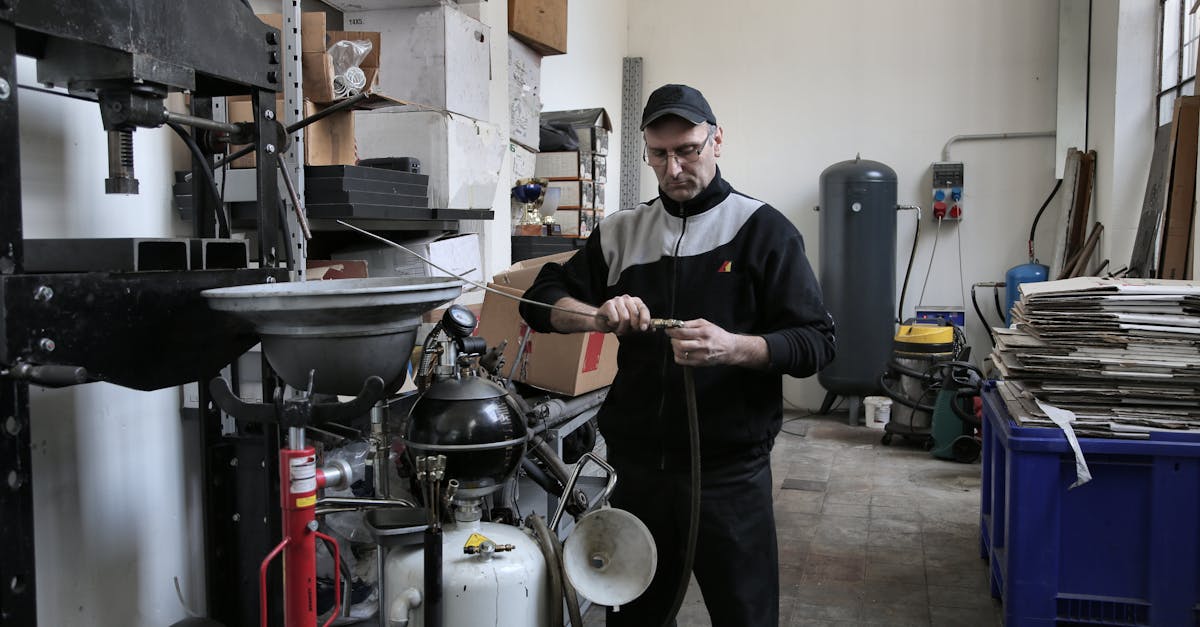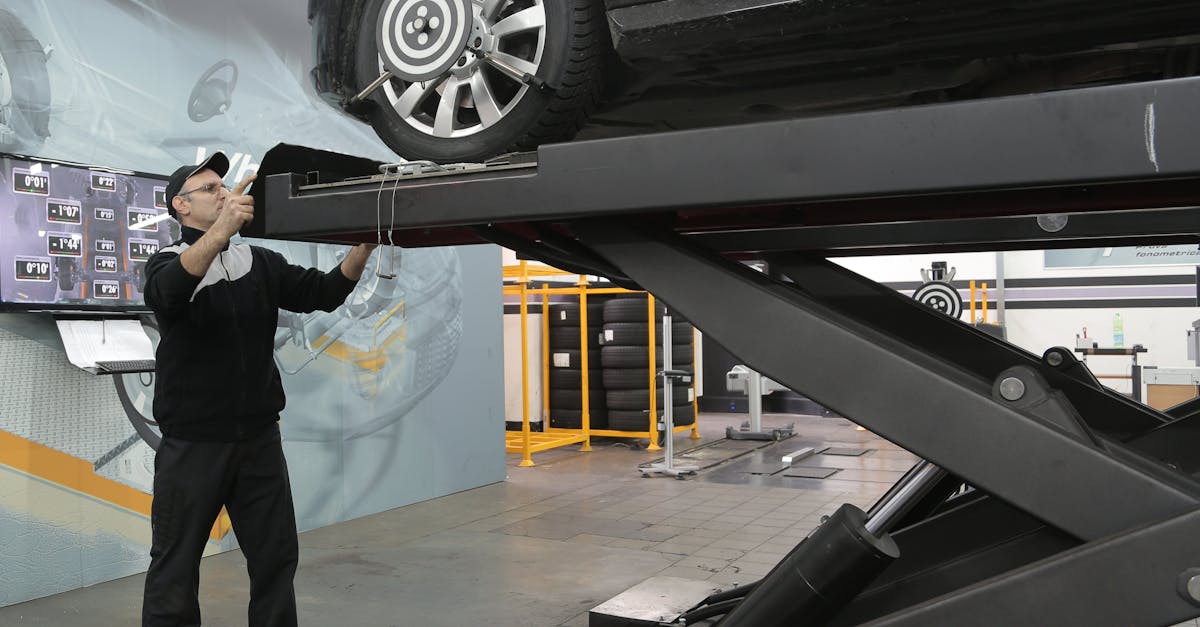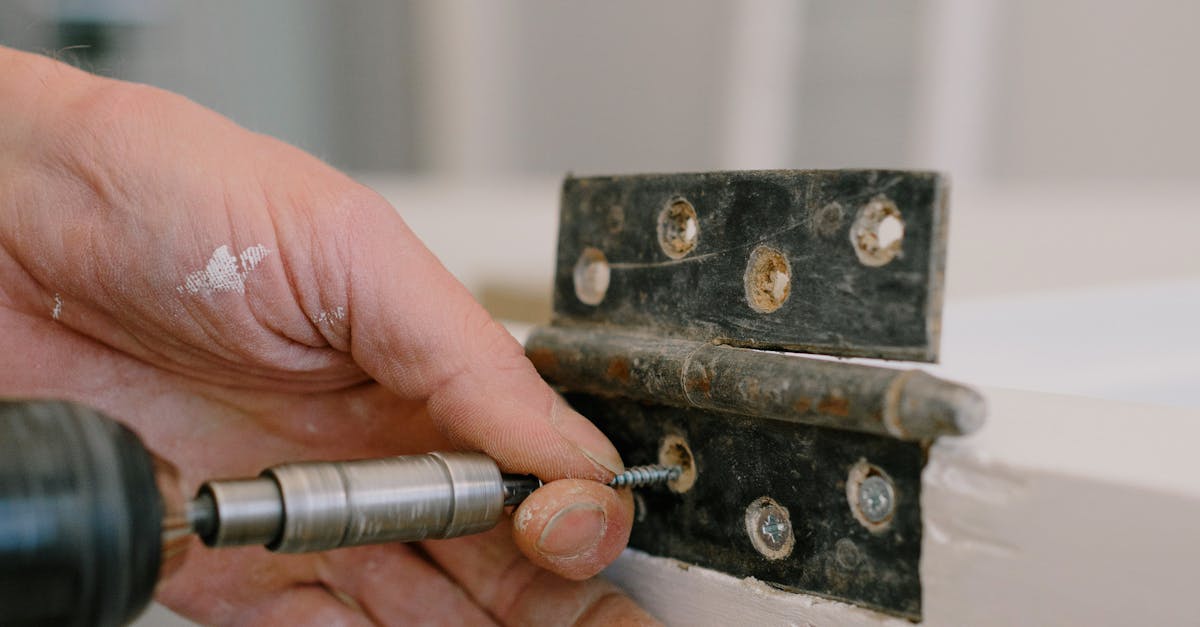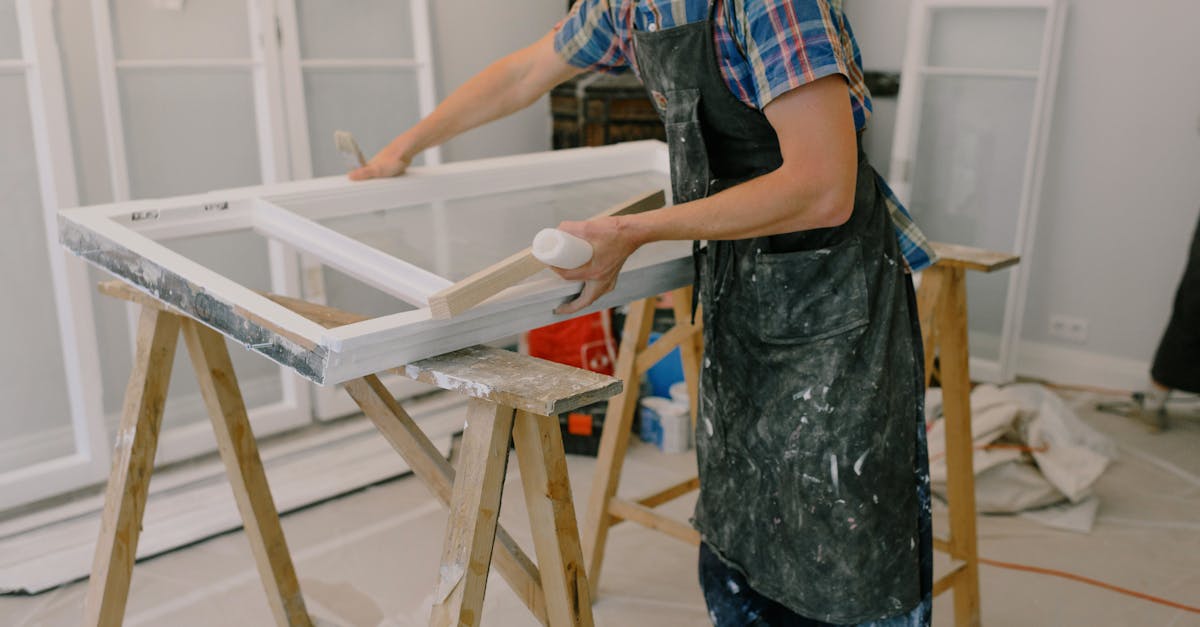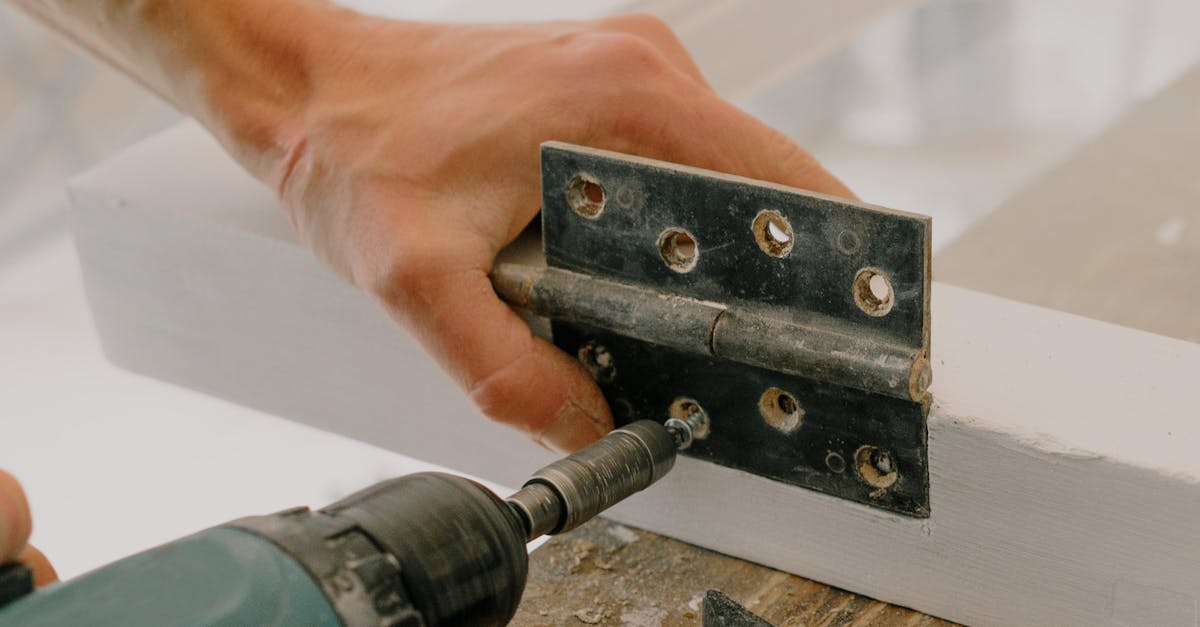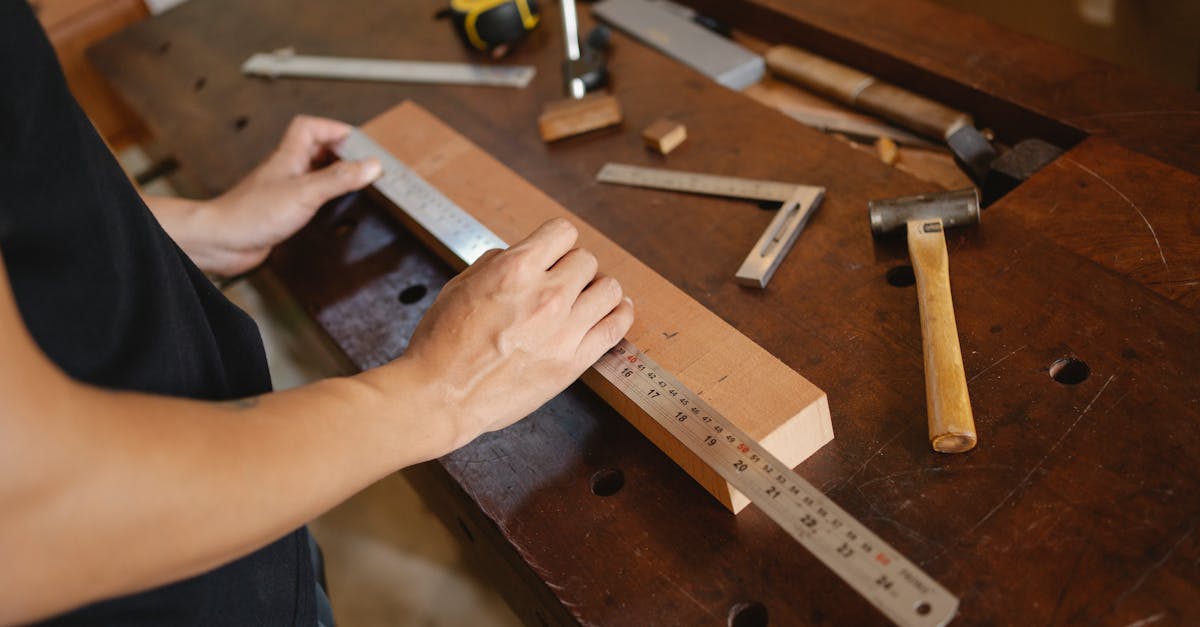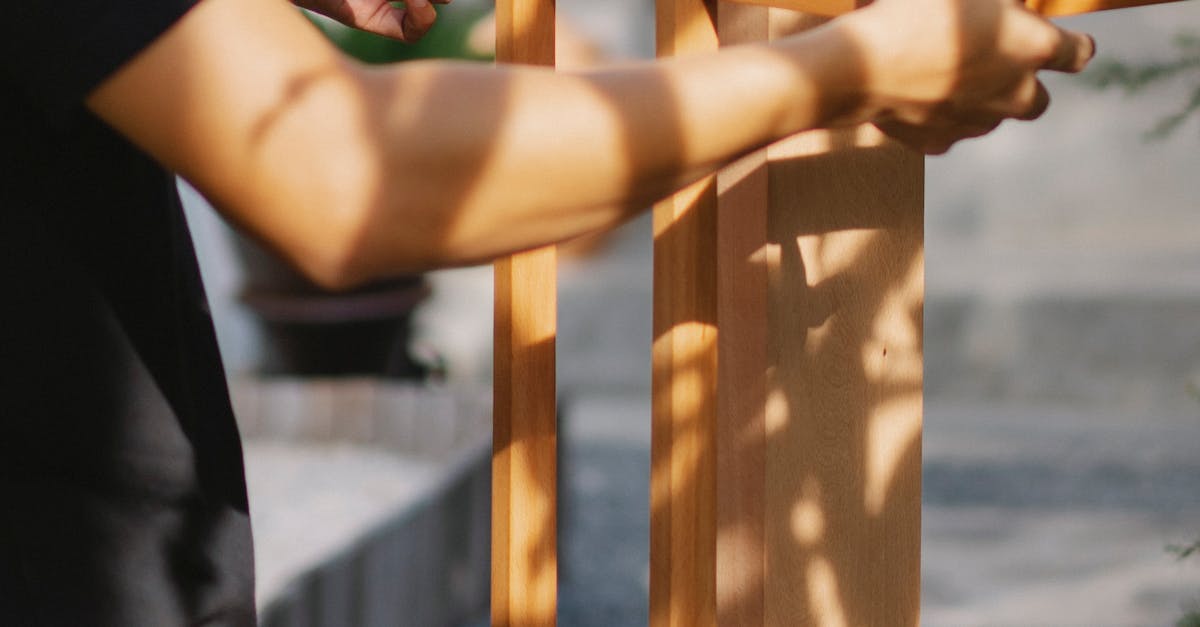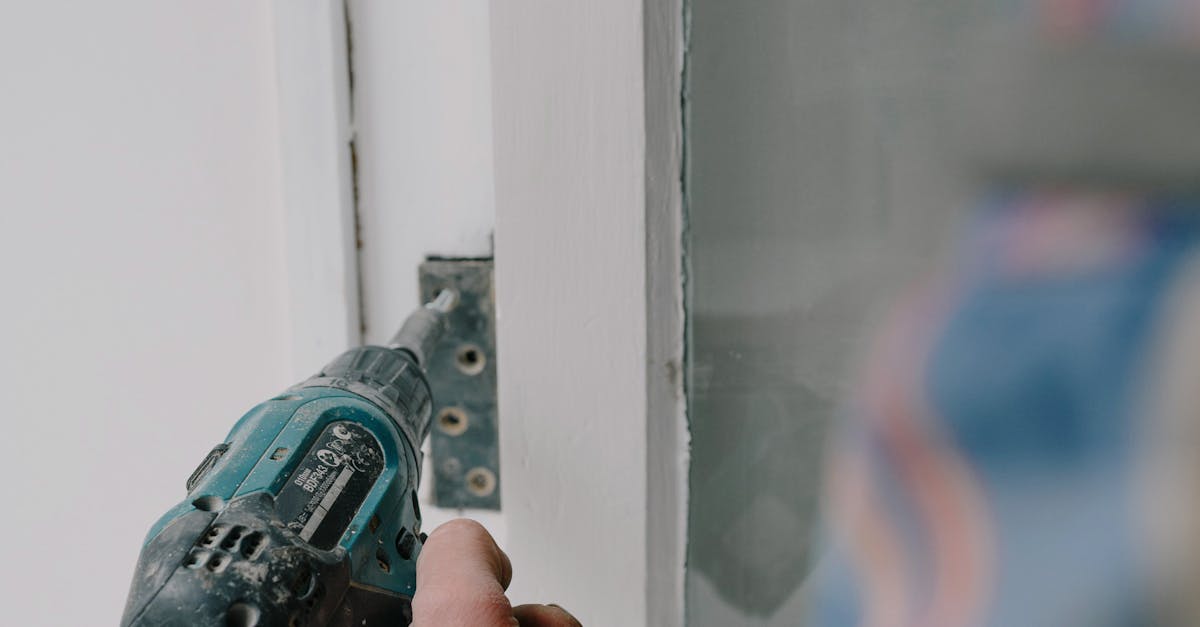
Table Of Contents
When to Call a Professional
Certain situations warrant the expertise of a professional when dealing with natural gas lines. If there are visible signs of damage, such as corrosion or physical wear, immediate attention from a licensed technician is crucial. Attempting to address major issues without adequate knowledge can lead to unsafe conditions. Gas line installation and repair require a thorough understanding of safety protocols and regulations that must be adhered to.
Moreover, if you experience any unusual odours or hear hissing sounds near your gas appliances, these are indicators that warrant professional inspection. Even minor leaks can escalate into serious hazards if not dealt with promptly and correctly. Hiring experts ensures that the maintenance, installation, or repair of gas lines is performed meticulously, safeguarding both your home and family from potential dangers.
Situations That Require Expert Attention
Certain situations warrant the immediate attention of a qualified professional when dealing with natural gas lines. If there are visible signs of wear, corrosion, or damage, attempting to tighten the gas line on your own may lead to further complications. Gas line installation and repair requires a deep understanding of the system and safety protocols that the average homeowner might not possess. Engaging a licensed technician ensures that the work meets safety standards and complies with local regulations.
If you notice a persistent gas odour, this is a critical situation that must not be ignored. A strong smell often indicates a leak, which can pose serious safety hazards. While tightening fittings may seem like a quick fix, it is essential to consult with an experienced professional. They possess the tools and expertise necessary to accurately diagnose the issue and carry out any necessary gas line installation and repair effectively. Taking swift action in these scenarios is crucial for maintaining a safe environment in your home.
Checking for Gas Leaks After Tightening
After completing the tightening of a natural gas line, it is crucial to check for leaks to ensure safety and functionality. A properly sealed gas line prevents hazardous gas from escaping into the environment. Various methods can be employed to detect leaks, including using a soap solution that bubbles upon contact with escaping gas. Another reliable option is to invest in a gas leak detector, which can provide immediate alerts to any gas presence.
Gas line installation and repair is not only about ensuring connections are tight but also involves ongoing vigilance for leaks. Regularly inspecting gas lines after any adjustments or during routine maintenance aids in identifying potential issues early. Ignoring the possibility of leaks can lead to dangerous situations, making diligent leak detection an essential aspect of gas line care and management.
Methods for Leak Detection
One effective method for detecting gas leaks involves the use of a soap solution. Simple dish soap mixed with water can be applied to the areas suspected of leakage. When there is a leak, the soap will form bubbles, indicating the presence of gas. This method is quick and straightforward, making it a practical choice for homeowners. Regular checks using this solution can help maintain safety standards, particularly after any gas line installation and repair.
Another reliable approach is the use of electronic gas leak detectors. These devices can sense the presence of various gases, providing an accurate and immediate reading of gas levels in the environment. They are especially useful in larger areas or in situations where human detection might be challenging. Investing in such technology enhances safety during routine inspections and contributes to the longevity of the gas line installation and repair work, ensuring that any potential issues are identified before they escalate.
Importance of Regular Gas Line Maintenance
Regular maintenance of gas lines is crucial for ensuring safety and efficiency in any household or commercial space. Over time, natural wear and tear can lead to potential leaks or other hazards. Routine inspections help identify issues before they escalate into serious problems. Proactive measures can save not only the integrity of the gas line but also protect lives and property from potential dangers associated with gas leaks.
Gas line installation and repair should always be approached with caution and expertise. Engaging qualified professionals for ongoing maintenance ensures adherence to safety standards and local regulations. This not only extends the life of the gas line but also provides peace of mind. Regular check-ups can also enhance overall system performance, leading to better energy efficiency and cost savings over time.
Benefits of Routine Inspections
Routine inspections of gas lines are essential for ensuring the safety and efficiency of your home. They help to identify potential issues before they escalate into significant problems. Regular check-ups can prevent gas leaks, which pose serious health risks and potential dangers. A well-maintained gas line enhances the performance of appliances that depend on natural gas and can lead to lower energy bills over time. The peace of mind that comes from knowing your gas line is in optimal condition is invaluable.
Engaging professionals for routine inspections removes uncertainty regarding the integrity of your gas line. Their expertise ensures that every facet of gas line installation and repair is thoroughly assessed. Detecting wear and tear early can save homeowners from costly emergency repairs later down the line. Investing in regular maintenance ultimately safeguards your home and loved ones while contributing to the longevity of your gas infrastructure.
FAQS
Can I tighten a natural gas line myself?
While minor adjustments can be made by a homeowner, it is generally recommended to call a professional to ensure safety and compliance with regulations.
What are some signs that my natural gas line may need tightening?
Signs include the smell of gas, hissing sounds near the line, or if appliances are not functioning correctly. If you notice these, it’s best to consult a professional.
How can I check for gas leaks after tightening the line?
You can use soapy water to check for leaks. Apply the solution to the connections; if you see bubbles forming, there is a leak that needs to be addressed immediately.
How often should I schedule maintenance for my natural gas line?
It is advisable to have a professional inspection at least once a year to ensure everything is functioning safely and efficiently.
What are the risks of not maintaining my natural gas line?
Neglecting maintenance can lead to dangerous gas leaks, potential explosions, and high gas bills due to inefficient operation. Regular checks can help prevent these issues.
